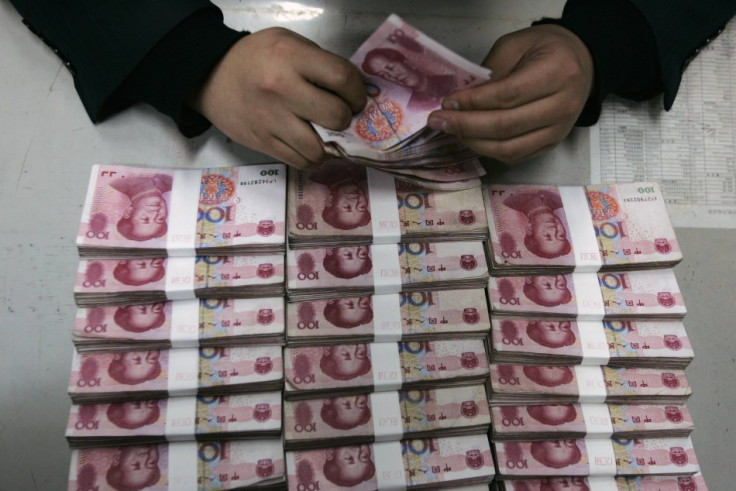France Plans Currency Swap Line with China
Paris to take on London as Europe's yuan hub

France is trying to position itself as a major offshore yuan trading hub in Europe with plans to set up a currency swap line with China, China Daily has reported, quoting Bank of France Governor Christian Noyer.
"The Bank of France has been working on ways to develop a RMB liquidity safety net in the euro area with due consideration of a supporting currency swap agreement with the People's Bank of China," said Noyer, according to the report.
The facility will encourage the use of yen in trade settlement and investment in the euro area. Further, it will ensure the availability of yuan even in extreme situations.
The availability of a "liquidity safety net in RMB in the euro area" will further foster growth in RMB products and services in the eurozone, the governor added.
With the new arrangemnet, Paris is looking to compete with London in the yuan trade. The French capital currently has 10bn yuan ($1.6bn, £1bn) of deposits in the same currency, the second largest pool in Europe after London. Moreover, nearly 10 percent of trade between the countries is currently settled in yuan.
Earlier, the Bank of England had signed a three-year currency swap agreement with China, enabling the British central bank to supply 400bn yuan to British banks. China and Australia has recently started direct trading of their currencies. Yuan is also directly traded with the US dollar.
On 26 March, China entered into a bilateral currency swap agreement with its BRICS peer Brazil, the first agreement of its kind within the group. Further, Taiwan is currently in talks with Beijing on a cross-currency swap agreement.
French President Francois Hollande is expected to visit China in late April and is likely to make further moves to boost the country's relationship with the world's second-largest economy which has been experiencing unprecedented growth over the last decade. French Foreign Minister Laurent Fabius paid a two-day visit to Beijing this week.
During Hollande's visit, the countries are expected to focus on the yuan's internationalisation as well as financial cooperation between them.
European and the US officials have been asking China to take measures to open up the currency to international markets, as its artificial weakness creates key imbalances in the global economy. However, the US recently refrained from labelling the country as a currency manipulator.
China has started allowing a degree of flexibility in the yuan's value amid mounting pressures and increasing imports to the country. However, it maintains control of the currency value due to fears that opening up the foreign exchange rate would weaken its export-oriented economy.
© Copyright IBTimes 2025. All rights reserved.






















